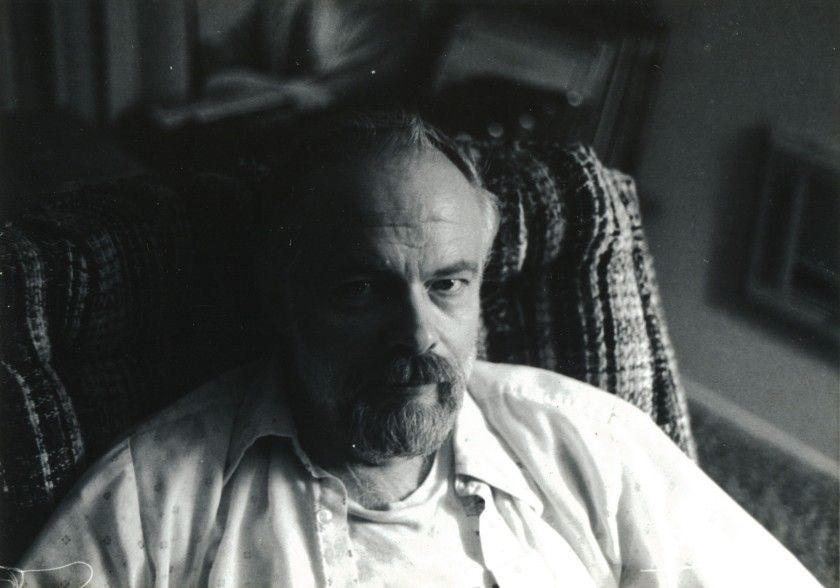🕳️ The Glitch: 1974, California
In the spring of 1974, acclaimed science fiction author Philip K. Dick sat in his Southern California home when something shattered his perception of reality.
Not metaphorically—literally.
He described it as a “rupture in the veil.” For a few moments, he was no longer himself, no longer in 1974, no longer in this timeline. He claimed he accessed a higher reality, where the world around him was nothing but an elaborate simulation… an illusion crafted by unseen forces.
He called it the Black Iron Prison—a digital architecture posing as history.
At first, it sounded like a breakdown. But half a century later, sciences is circling his claims.
📁 The Lost Tapes and a Visit From Men in Suits

Following these episodes, Dick began receiving what he called downloads—visionary streams of symbols, future tech, languages he had never studied. He filled thousands of pages with coded drawings and theories. One entry eerily described a system where people were unaware they were being “run” by external programs.
Shortly after this phase, he reported:
- Break-ins at his home with no signs of theft
- Visits from government agents, possibly FBI or military intelligence
- The disappearance of several manuscripts and personal files
Years later, pieces of his work surfaced in declassified psychological operations documents referencing “reality disruption techniques.”
Coincidence—or cleanup?
🧪 Decades Later, the World Catches Up

In 2003, philosopher Nick Bostrom published a paper introducing the Simulation Hypothesis: the idea that if civilizations advance far enough, they could run perfectly simulated universes—and we might be inside one.
Then came Elon Musk, stating publicly in 2016:
“The odds that we’re in base reality is one in billions.”
Quantum physics further fueled the theory. Experiments like the double-slit show particles behaving differently when observed—as if the universe renders itself in real-time based on attention. Just like a game engine.
Sound familiar?
Philip K. Dick said this exact thing—in 1974.
🧬 The Simulation Isn’t a Metaphor Anymore

What Dick called VALIS (Vast Active Living Intelligence System) may not have been fantasy—it may have been his interface moment with the source code of our reality. Just like Neo in The Matrix, Dick might have touched something we aren’t supposed to see.
What if his visions weren’t madness—but a leak in the simulation?
What if his books weren’t fiction—but the earliest whistleblowing?
🛑 Final Thought: What If He Wasn’t Alone?

As neural interfaces, AI consciousness, and quantum computing race forward, we’re inching closer to a moment where we will create our own simulations—and in doing so, confront the terrifying possibility that we are inside one ourselves.
Maybe we always have been.
And maybe—just maybe—Philip K. Dick was the first to wake up.
